Poetry Corner: Our March by Vladimir Mayakovsky
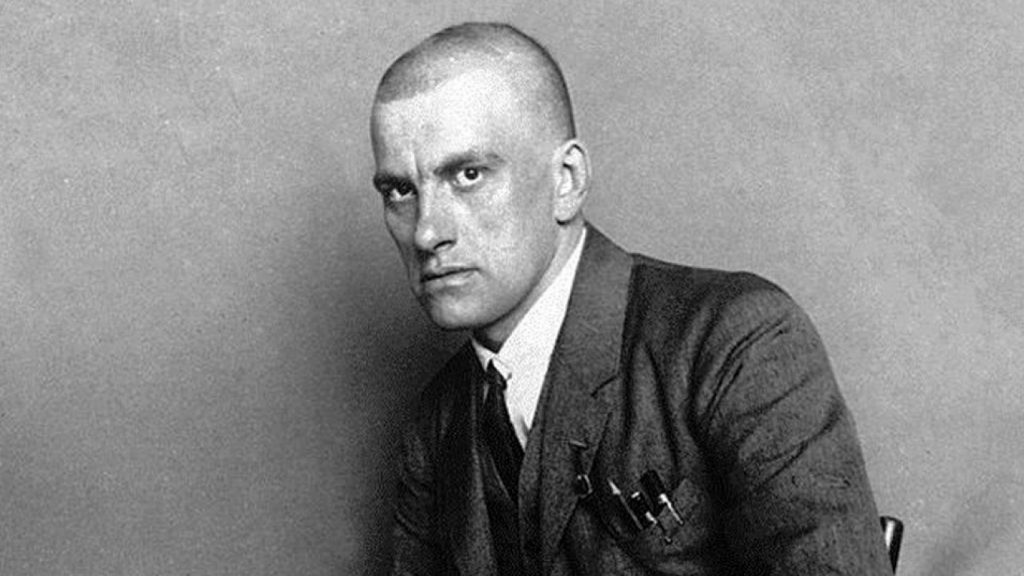
Our March by Vladimir Mayakovsky, 1917.
Vladimir Mayakovsky (1893-1930) was a Bolshevik revolutionary and came to be one of the most celebrated communist poets in the Soviet Union and internationally. He was also a talented playwright, artist and actor who used art as a medium to convey the politics and ideals of the new socialist state.
Looking back on Oliver Law
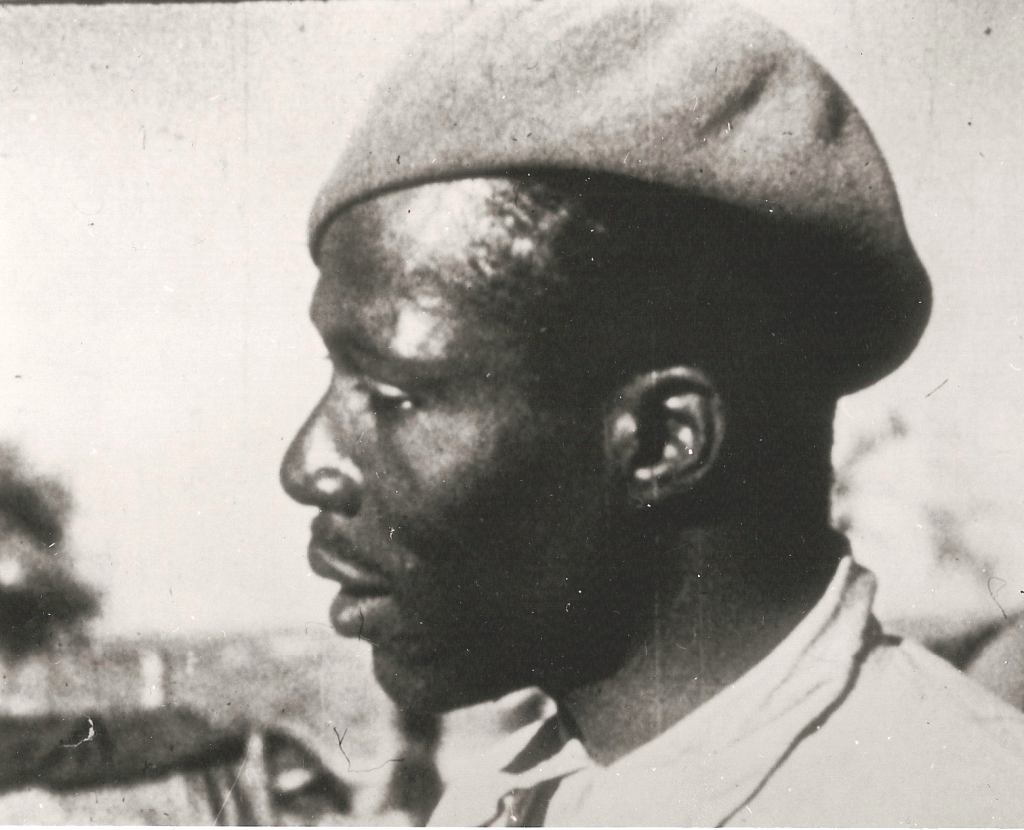
David Horsley remembers the life and contribution of African American Communist and International Brigader, Oliver Law.
Indian communist youth blaze a trail with COVID-19 initiatives rooted in solidarity
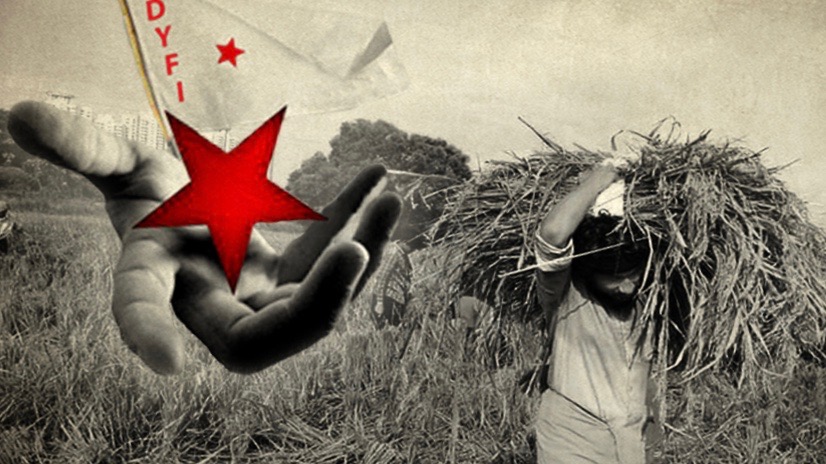
The initiatives of the Kerala unit of the Democratic Youth Federation of India (DYFI), youth of the Communist Party of India (Marxist), have received widespread commendation for their comprehensive and scientific approach towards social solidarity, writes Muhammed Shabeer.
The Colombian Connection: US imperialism & Venezuela
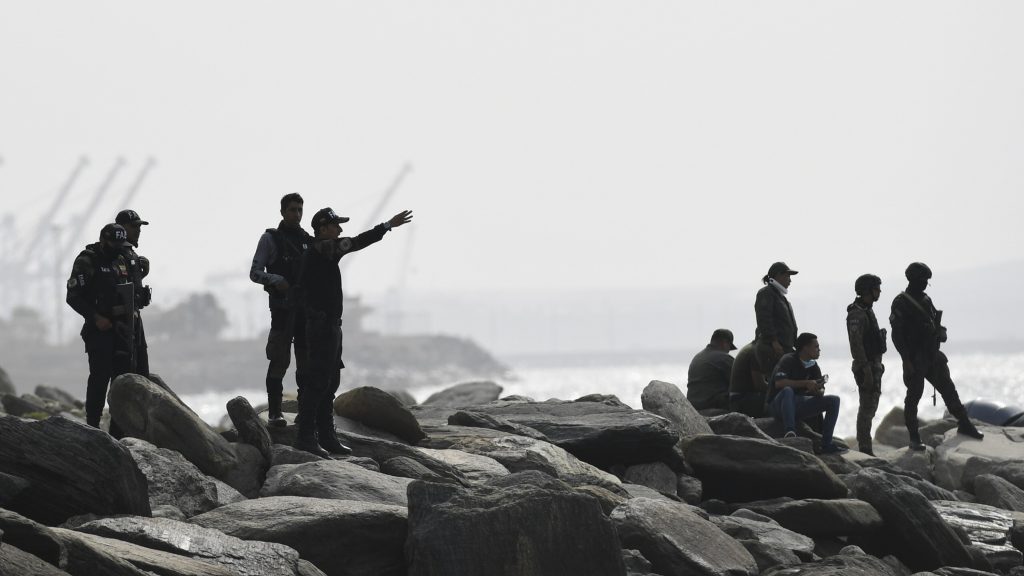
Oliver Dodd reveals the intimate involvement of Colombia in US attacks on Venezuela and its role as a key platform for US imperialism in Latin America.
Book@Bedtime: The Siege of Krishnapur (1973) by J. G. Farrell
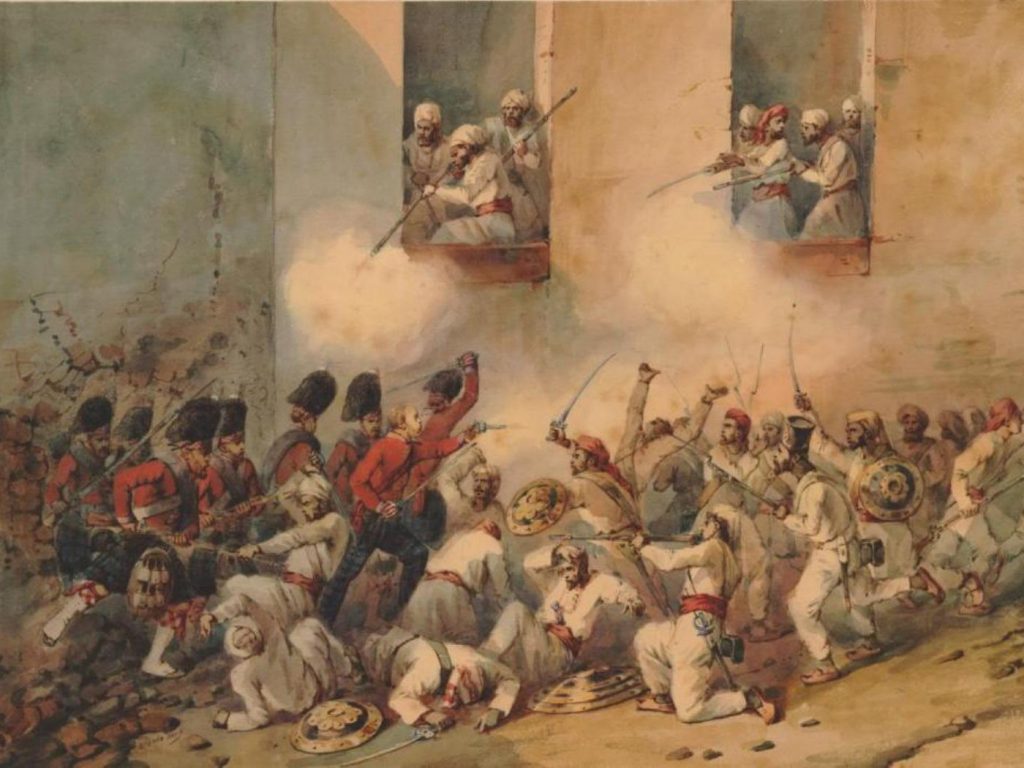
Julian Jones reviews J.G. Farrell’s The Siege of Krishnapur (1973), the second outing in a loosely connected trilogy of novels set among the breakdown of British colonial rule.
Russia: The Epidemic of Capitalism
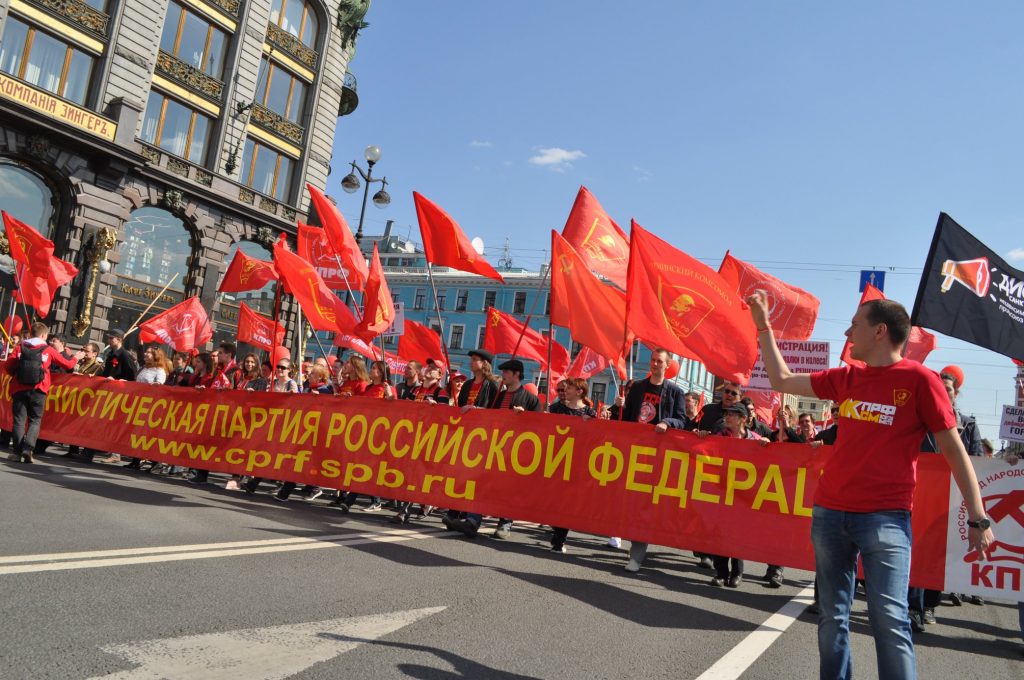
Roman Kononenko, Secretary of the Central Committee of the Leninist Komsomol of the Russian Federation, explains the political situation in Russia during the COVID-19 Pandemic and the priorities of Russia’s communists.
Young Communists in the West of England
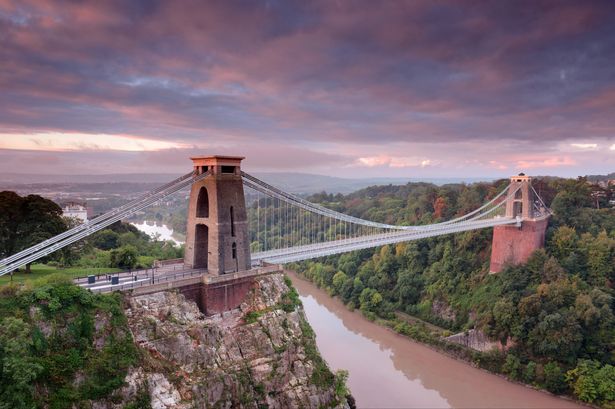
As secretary of the West of England branch, in the year preceding the YCL’s centenary, it feels timely to reflect on the experiences of participating within the League as a member of a newly founded branch. The other members of West of England YCL and I found out about each other through our branch and […]
Poetry Corner: Let America be America again by Langston Hughes
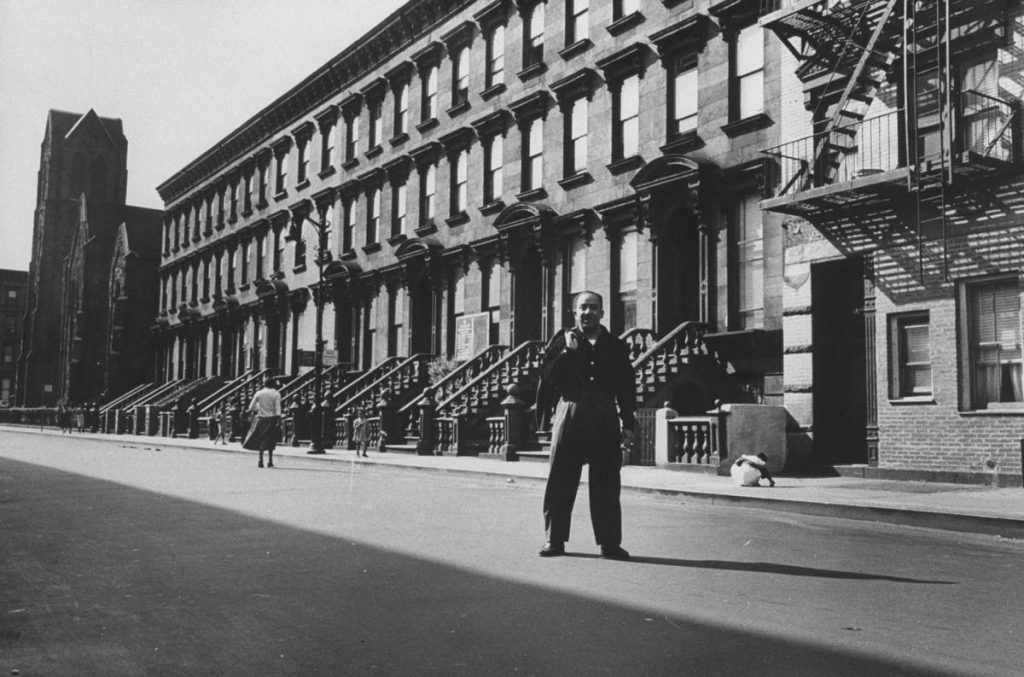
Let America be American again by Langston Hughes, 1936
There are no shortcuts, we must build class politics and trade union struggle
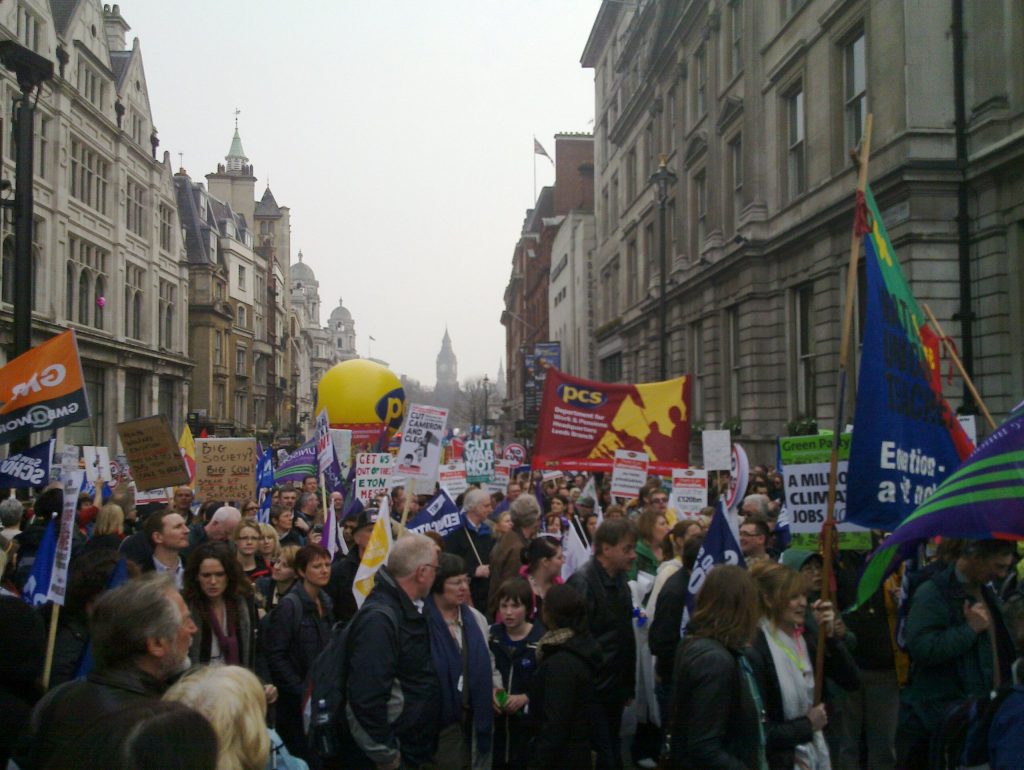
Harry Williams is a Labour and RMT activist Why do Marxists contest elections? Is it to show that reform of the state is possible? Why do some Marxists join the Labour Party? Is it to prove that the Labour Party is secretly a socialist organisation in need of nudge in the right direction? These are […]
We can show our solidarity with Venezuela by struggling in Britain
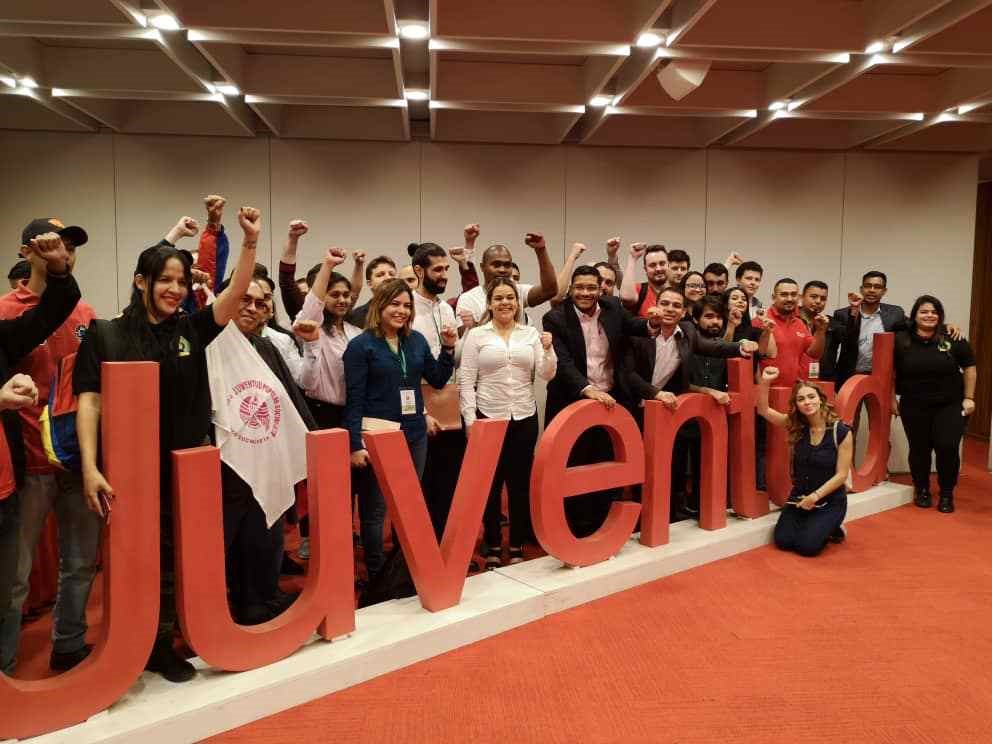
Chair of the Young Communist League, Robin Talbot, recalls a solidarity trip to Venezuela in 2019 and discusses the work of the World Federation of Democratic Youth and the need for a solidarity in Britain.


